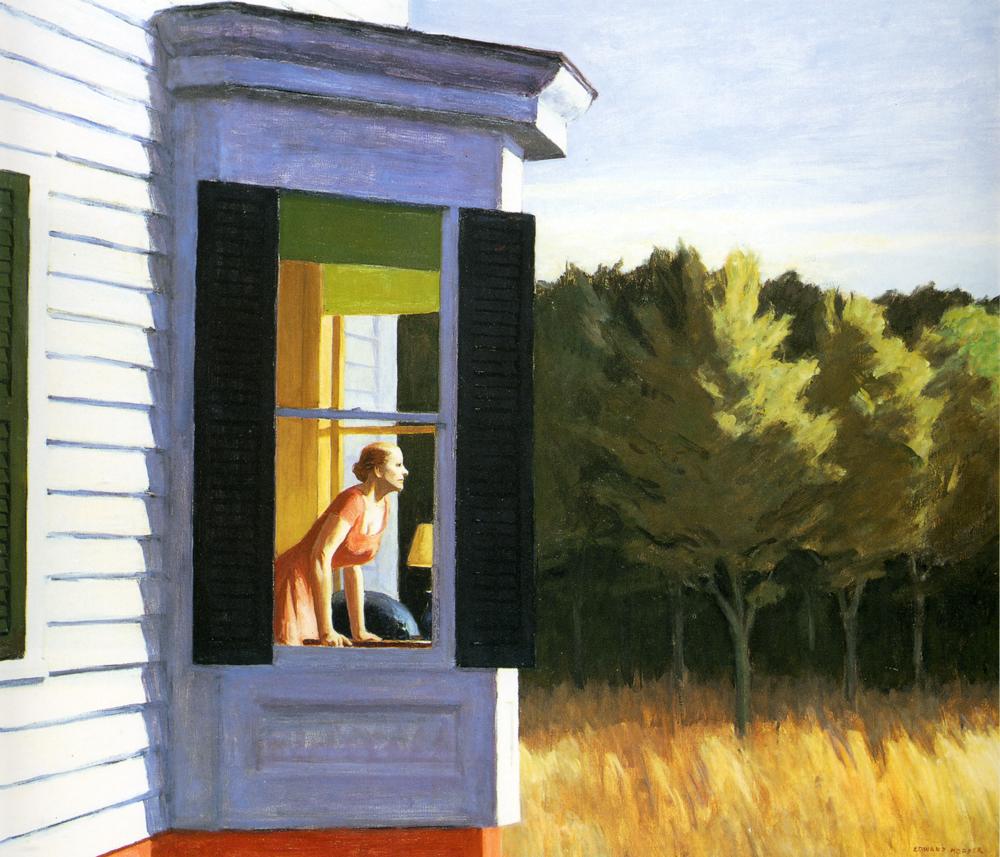Juan Vicente de Güemes Padilla Horcasitas y Aguayo,
2nd Count of Revillagigedo
……y who is de San Juan after whom
……………….de islas de San Juan are named?
…………………………..& how did Spaniards
….get here and who, why, how
………………………………….did the blood stop
…………at one pig, how
…………………………..were the war pigs (for once)
…………………………………………………………………..denied
………………………………………………………………….(denuded
divested of covering
made bare?)
……………………………… Coulda been war, glorious
………………………………………………..here in Isla y Archiepelago de San Juan.
……………………………….Cannon balls and musket blasts
……………..to scatter the last of the Canis lupis
………………………….the Columbia Black-Tailed Deer, the
…………………………rare Northern Sea Otter (for whom
………..or whose pelt Quimper would trade copper
………..years before Filthy Jerry cd get his
………………………..filthy fingers on it.)
But there’s something in the Cascadia water wd
……………………………………bring out the noble in men
…………………..like Admiral Baynes who’d soon
………………………………………………………be knighted
…………………..who’d refuse Governor Douglass’
…………………………………….August 2, 1859 troop landing order.
………………Something that’d attract
……………………………………………..Spaniards like the Mexican Viceroy:
Juan Vicente de Güemes Padilla Horcasitas y Aguayo, 2nd Count of Revillagigedo
(Not the San Juan who’d be put in a cell not much bigger than himself. Not the one who’d see the union of jiwa and Divine in the metaphor of Holy Marriage. Not the one who’d write about how the bride hides herself and abandoned him in his lonely groaning. Not the one who’d feel the need to purge every last imperfection every last psychic typo every last lust urge every last of the dominator fixation not mitigated but transcended by The Fire to which Blaser wd allude. Not the he of a thousand graces diffusing, graces unnumbered, those that protect from the thousand cuts that come from conceptions of
the Beloved. Not the one whose metaphor’d bride’d leave his heart there in that lashed meat cage maintained by a bit of bread and salted fish. Not the one with the silvered surface who’d one day mirror forth. Not the one on the wing whose Beloved’d one day see the strange islands with the roaring torrents (Cascade Falls?) & whose gales would whisper amour, a love-awakening south wind not spewed by Spetsx who’d be the rain wind from the Southwest a two day canoe journey south of the present scene. Not the one whose Beloved bride from a mother corrupted would make a bed out of flowers,
protected by lions hung with purple and crowned with a thousand shields of gold. Not the one whose bride’d attract young ones & who’d commence the flow of divine balsam & get him pitchdrunk on fire and scent and spiced wine. Not he of all consuming painless fire drunk on pomegranate wine whose only job was amour. Not that San Juan.)
This Juan was a Cubano,
………………….born in La Habana.
……………………………………..The third Criollo Viceroy
……………………………………………………………….of Hispaña Nueva.
This Juan wd see
…………………the Capital (then Veracruz)
………………………………………………..as a slum, peasants
…………………………………..in thin robes, straw hats, trash
…………………………………..in the streets and the first flash
…………………of all those Rez dogs to come.
…………………………………………………………………………..This Juan
(el Vengador de la Justicia)
……………………………………he’d find & hang
……………………………………the outlaw gangs
……………………………………………………..of murderers
& clean the Viceroy’s palace.
………………………………………Light the streets of Ciudad de Mexíco
……………………….pave highways to Veracruz,
………………………………………………Acapulco,
………………………………………………Guadalajara,
………………………………………………San Blas y
………………………………………………Toluca
…………………………find the Aztec Calendar Stone & set
……………………………….the heavens on fire but found
……………………………………………..Cascadia
……………………………………………………………not worth the troops
………………………..it’d cost to own her,
…………………………………………………..settled
……………………………………………………………for leading the flock
………………………………..of 4.5 million future Mexicans
…………………………………………………………………he’d count and a few islands
…………………………to this day
………………………………………in one way or another
…………………………………………………………………..bear his name:
………………………..San Juan
……………………………………….Orcas
………………………………………………….Guemes.
………………………………Dots in a green landscape
………………………………………..as seen from Constitution
………………………………………………………….where the divine balsam flows
……………………………………………………by the kayaks
……………………………………………………………………….and the wind whispers
………………………………………………………………...Mary.
………………………………………………………………………………..8:49A – 2.24.13
“Juan Vicente de Güemes Padilla Horcasitas y Aguayo, 2nd Count of Revillagigedo” is from the Pig War & Other Songs of Cascadia.
SPLAB founder Paul E Nelson wrote Organic Poetry (VDM Verlag, Germany, 2008) & a serial poem re-enacting the history of Auburn, Washington, A Time Before Slaughter (Apprentice House, 2010) shortlisted for a Genius Award in Literature by The Stranger. In 26 years of radio he interviewed Allen Ginsberg, Michael McClure, Anne Waldman, Sam Hamill, Robin Blaser, Nate Mackey, Eileen Myles, Wanda Coleman, George Bowering, Joanne Kyger, Jerome Rothenberg & others, including many Northwest poets. He lives in Seattle and writes at least one American Sentence every day.

